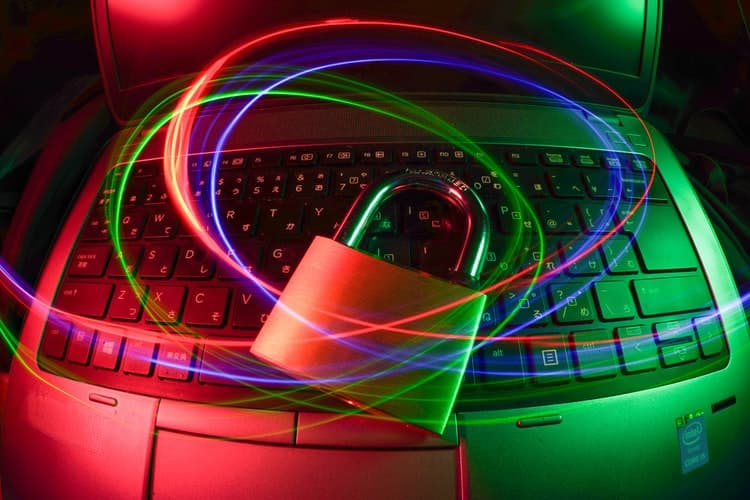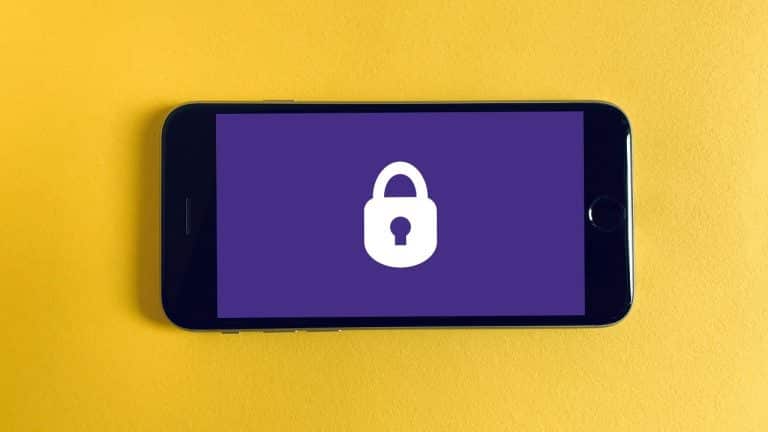Safety is a top priority, this is a common saying found in essentially every area of life. Safety is observed whether you’re cooking dinner, staying at home alone, or even crossing the street. With the many practices we do to stay safe and secure (such as locking our doors or looking both ways before crossing) it might be hard to keep track of all of the safety habits.
Staying safe and secure is important especially if it involves your work, co-workers, customers, and your reputation. This is the age of information and staying safe just isn’t the same anymore. You can’t simply lock the door to your office and feel at ease.
This is a different time, full of elaborate schemes, hackers, robbers, scammers, and traps of all shapes and sizes.
Ensuring the safety of your business takes care of everyone involved in the business and related to you. There may be new forms of danger but there are also new ways to mitigate them.
Today, security comes in many forms, each with its danger to combat. Cybersecurity should be one of your top priorities. Negligence in this area might lead to a total leakage of data and multiple lawsuits. A breach in cybersecurity means access to every bit of information your company has ever virtually held.
A business without proper cybersecurity is free food for hackers, exposing every customer, employee, partner, and even your data. With so much to protect, here are 4 simple security solutions to keep your business safe.
Contents
Simply Security Solutions
1. Work with a Professional

There are plenty of DIY ways to make sure you and your company stay safe. On one hand, some are incredibly easy to do and effective. But on the other hand, these solutions aren’t the same as having a professional security company. There are plenty of companies that provide security in their own ways and they usually end up as a good investment.
Since this article is focused on cybersecurity, ICS or Industrial Control Security deserves the first mention. ICS is a staple when it comes to security in utility companies that often have automated processes. You can find very efficient and cost-effective ICS vendors that will suit your needs. You can also check websites like Start My LLC.
An example might be an assembly line for a brand new car. An assembly line has a bunch of processes that all eventually lead to a finished product. ICS makes sure that each of these processes is accomplished properly to protect the integrity of the product.
ICS makes use of sensors on-site that watch for certain indicators and measures them on a threshold. If a sensor detects an indicator above the threshold then it will automatically stop the whole process and halt further damage.
All in all, you can probably have different security measures or procedures to act the same way as an ICS would, but they pale in comparison to the real professional deal. These are companies that have been on the front of cybersecurity for a long time.
For example, Industrial Defender (the ics company linked earlier) has been in the cybersecurity business since 2006. Garnering almost two decades worth of experience, when it comes to security you will want an expert on the job.
There are plenty of times to have DIY projects, but security is probably not something you want to risk.
2. Educating the People
Whether you have a whole building of employees or simply yourself as a worker, education is of the utmost importance. Educating an employee on the dangers of malware and phishing emails will help in the long term fight for cybersecurity.
Malware is the modern version of the flu for your system. Malware is also known as malicious software and is often used to describe various viruses or other harmful programs. Certain malware doesn’t just steal information, some end up taking control of an entire server.
For example, some might end up controlling your computer from a distance and letting them act like you while wreaking havoc.
Phishing emails are traps that hope to take advantage of an unwitting employee or user. These usually happen with scammers sending emails, acting like legitimate organizations. These emails are an attempt to gain personal information and other kinds of data.
Phishing emails are easily combated with self-restraint. If you see a fishy link that just wants to bait you then don’t click on it. Just like that you may have prevented a security breach and made sure your business lasts a day longer.
Malware, on the other hand, is a more complicated topic because it takes many forms such as clickable links or maybe a legitimate document with malware hidden in it. Malware can spread like fleas and once they are in they are really hard to get rid of.
Teaching employees and everyone that has access to the business’ servers and data could help prevent a total meltdown from hackers. Simply informing people to be vigilant for these kinds of scams might be the determiner between a breach and security.
3. Backing Up Data
This solution isn’t meant to prevent data from getting into the wrong hands but to prevent data from disappearing. A sudden loss of data due to a glitch, or maybe even a hacker, can hurt a business. Maybe contact details, customer orders, or formulas for your product all of this data is important and you want them saved.
You might say that “well that is very unlikely” and you might be right, although you might want to think about the unexpected. What if it does happen, a sudden purge of data from the servers or maybe hackers holding your data hostage. If so then there’s nothing you can do but wish you had been prepared and watch as your data disappear.
Backing up your data can be done through a cloud or maybe even a physical hard drive. It is all about making sure that even if something goes wrong, you still have everything you need. It’s like writing down your password in a journal even though you have memorized it.
4. Practice Safe Business Procedures
There are plenty of ways to attract danger in the cyber sense. Malware can be found everywhere but it can easily be found on illegal websites. Viruses can also make their way into your computer through unchecked flash drives. Practicing safe business procedures can add another layer between you and a breach.
Setting up step-by-step protocols will teach employees how to stay secure. This can be done simply by banning the use of personal flash drives for business purposes. Doing so lessens the ways hackers can enter. Limiting the entrance also leads to limiting the danger.
Grander cybersecurity protocols might be having an email scanned beforehand or maybe having regular malware checks. There are plenty of dangers out there but as mentioned, there are just as many ways to counter the danger.
Having such procedures helps in preventing a breach but it can also help in controlling one. On the tiny chance that hackers or scammers do get past your security, then employees won’t end up panicking. Since there are procedures for such an event they can calmly handle the situation.
This solution is all about preparation, not simply preparing your locks for the doors but also preparing how to handle an intruder with a lock pick.
Key Takeaways
Security is no laughing matter and should be taken seriously. Businesses, no matter how big or small, run the risk of cyberattacks. You don’t want to be vulnerable when it happens.
There are many ways to enhance your cybersecurity and keep all of your data safe from the wrong hands.
- Work With a Professional
- Educating the People
- Backing up Data
- Practice Safe Business Procedures
Security shouldn’t feel like a privilege that is out of reach. It is a need and it will protect you and everyone involved in your business from being vulnerable.


